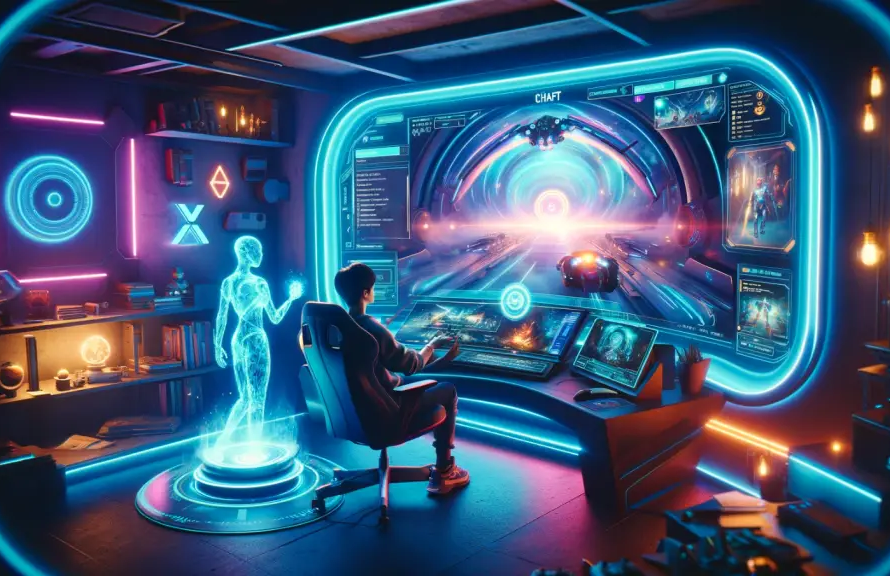When OpenAI launched its large-scale generative AI mannequin ChatGPT, the tech group was stuffed with pleasure and concern.
The potent capability of this mannequin to generate practical human-like textual content sparked a race to develop detectors to distinguish between human and AI-generated content material.
Nonetheless, OpenAI lately admitted one thing that the majority educators and technologists may discover shocking: AI detectors are, for essentially the most half, pointless.
Tutorial Honesty within the Age of AI
OpenAI’s fashions, corresponding to ChatGPT, have inadvertently ushered in a brand new problem within the tutorial world. With college students having potential entry to such superior instruments, there’s an elevated danger of AI-generated content material being offered as unique work.
Whereas many academic establishments have but to meet up with the emergence of such tech, some have certainly integrated insurance policies to deal with AI-generated content material. Nonetheless, as OpenAI admits, detecting such content material isn’t as easy as one may assume. The varsity 12 months is beginning up and it looks like dishonest is already on the rise.
The Fallacy of AI Detectors
There have been makes an attempt, together with from OpenAI, to develop instruments that may detect AI-generated content material. But, the reality stays that these instruments are removed from excellent. In lots of circumstances, they have been discovered to mislabel real human-written items as AI-generated, together with basic works like these of Shakespeare and even foundational paperwork just like the Declaration of Independence. They even discontinued their very own instrument a pair weeks in the past.
These detectors may inadvertently flag content material from college students studying English as a second language or these whose writing fashion is formulaic or concise. This has led to considerations about unintentional bias and potential false accusations of educational dishonesty. If you are going to use an AI detection instrument, they should not be utilized in schooling. Skilled writing and journalism careers nonetheless may need some use for them although.
One other important challenge with AI detectors is the benefit with which they are often bypassed. Even when a detector had been capable of determine AI-generated content material with some extent of accuracy, minor edits by college students can simply evade this detection. This challenges the basic reliability and usefulness of those instruments in a tutorial setting.
Transferring In direction of Accountable AI Use
As a substitute of counting on imperfect detection instruments, OpenAI suggests a extra proactive method. By encouraging college students to share their interactions with fashions like ChatGPT, educators can higher perceive their thought processes, analytical talents, and the evolution of their expertise over time.
Sharing these interactions can:
- Promote Vital Pondering: By analyzing college students’ conversations with AI, educators can acquire insights into their problem-solving and important pondering talents.
- Foster Collaboration: Sharing hyperlinks to those interactions can create an atmosphere the place college students study from one another’s questions and approaches.
- Help Development: Repeatedly recording interactions permits college students and educators to trace progress over time, specializing in ability improvement and private progress.
In a world quickly integrating AI into each day life, selling AI literacy is important. By interacting responsibly with AI instruments, college students put together themselves for a future the place AI is not only a instrument however a associate. There is not any getting round it at this level. Academics that are not adapting to the AI world are going to be left behind very quickly.
The race to create excellent AI detectors may be a misplaced trigger. As a substitute of leaning closely on flawed detection strategies, the main target must be on fostering an understanding of AI’s capabilities and limitations. AI isn’t going away.
At this level, we have to promote transparency, accountability, and important pondering. Educators must be making ready college students for an AI-integrated future, guaranteeing that they use these highly effective instruments ethically and successfully.



